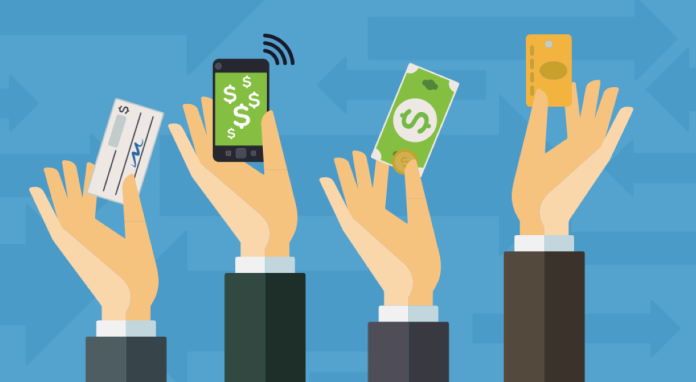Having a business necessitates the consideration of several aspects. Payment is one of these criteria, and it is possibly the most significant when it comes to selling products or services. How will you get paid by your consumers or clients? This is an issue that you must address as soon as possible in order to avoid losing money due to a lack of adequate payment options.
1. Bank Transfers
Bank transfers are simple, although they can take some time to post to the system. To employ this approach, both the business and the client must have bank accounts. Money may now be transferred from one bank account to another, even if the accounts are in separate banks. Bank transfers are preferable if you are offering a service rather than a straight product purchase because it might take anything from a half-hour to a couple of working days for the system to tell you whether or not the bank transfer was successful.
2. Payment through EMV
EMV was actually invented and first used in 1993. It is an acronym for the standard’s three most well-known creators: Europay, Mastercard, and Visa. This was and continues to be an innovation that has made it very simple for company owners all over the world to collect payment for their goods and services.
These companies’ cards contain microchips that make it difficult for people to commit fraud. Recently, since there have been attempts throughout the globe to hack into customers’ payment information, EMV Payment Solutions online were made feasible to securely process payments to stop these instances from further occurring.
3. E-Wallets
With technology becoming a more important aspect of everyone’s life, it’s not unexpected that this innovative payment method has been available to individuals all around the world. E-wallets are essentially electronic or digital wallets that contain money. People may quickly transfer and receive money by opening an account on the necessary software. Because they use the internet, e-wallet transfers are substantially quicker. The nicest thing about e-wallets is that no communication between the merchant and the buyer is required. When you use your e-wallet to take payments from clients and customers, the software utilized is encrypted, which guarantees that your personal information is protected and that you are not putting your money in danger.
4. Digital currencies
Cryptocurrencies are gaining popularity faster than ever before. They may not be physical, but they are still valuable. Currently, not many companies take cryptocurrencies, but as time goes on, more businesses are adopting to the notion of online currencies that they may not see but can still use and are recognized by most nations. It is an option you may add to your firm if you believe it would increase income.
5. Prepaid Cards
Prepaid cards differ from debit and credit cards in that they are not linked to a bank account. The card contains a balance that may be used for online or in-store transactions. When the balance approaches zero or the minimum amount required for a purchase, the individual using the card can add extra funds if they so want. It is really extremely widespread, and many banks provide it.











